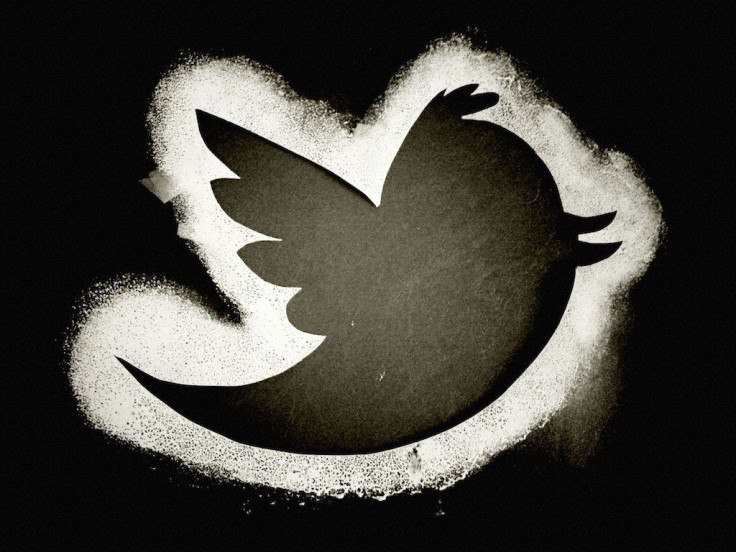Twitter Politics: Users Debate Hot Topics, But Polarization Depends On The Issue

Twitter, and just about any social media platform, allows users to share thoughts and information in a way we've never seen before. Whether someone is posting a new selfie, a fresh turkey sandwich, or details of the upcoming 2016 election, Twitter presents an unprecedented forum for international conversation and debate. For a while, people thought that social websites allowed those with strong opinions to gravitate towards like-minded people, ultimately encouraging extremism and political polarization. But it's not that simple, according to researchers from New York University.
Social media can easily be seen as an “echo chamber:” Like has a tendency to attract like, and people will similar opinions will often interact in a way that only strengthens those opinions. For instance, one study published in the journal Human Communication Research found that exposure to certain ideologies, in this case prejudice comments made on social media, had a tendency to make its viewers more prejudice themselves. NYU researchers decided to unpack this seemingly widespread phenomenon, looking specifically at political views. Their findings are published in the journal Psychological Science.
Under Dr. Pablo Barberá, a Moore-Sloan Data Science Fellow at NYU, researchers observed the political conversation on Twitter to be more flexible and tailored to specific situationa. Looking at millions of Twitter users, they examined the dynamic of online conversations surrounding hot-button issues, like the 2012 presidential election, marriage equality, the federal budget, and the 2013 government shutdown.
To balance their research, researchers also looked at widely publicized conversations not involving politics, like the 2014 Super Bowl and the Boston Marathon bombing. With this new method of analysis, they were able to look at almost 150 million tweets that featured certain key words related to these topics. Once researchers found tweets pertaining to political and non-political conversation, they looked into users and their political affiliations by examining the accounts they chose to "follow." Specifically, they looked to see if users followed certain legislators, candidates for office, media outlets, and interest groups.
After factoring out accounts operated by “bots,” researchers ended up looking at a total of 3.8 million active Twitter users. And users with strong political ideologies did tend to communicate with those who had similar viewpoints about political topics. However, for less-politicized conversations like the Super Bowl, researchers described the information flow as more of a “national conversation,” where people with varying opinions came together to share one another's tweets.
That being said, political conversations did not necessarily produce conversation segregated by party lines, Barberá said in a press release.
“Even for the most divisive topics, such as the 2012 presidential election, we did not see a perfect division on Twitter — while people may encounter political views that they agree with, they'll encounter divergent opinions as well,” added Barberá.
Also, with certain issues, Barberá and his team found that conversations would evolve to take on more political connotations as time passed. For example, in the case of the Sandy Hook school shooting in Newtown, Conn., information flow started regarding the tragedy of the event, but eventually led to a more polarizing debate on gun control.
However, researchers correctly predicted that conversations and shared information would vary based on a user's political party. Liberals, for instance, were more inclined than conservatives to share posts involving different political views.
“Of the twelve issues we examined, there was one (the 2014 Winter Olympics) for which liberals and conservatives were equally likely to retweet across ideological lines,” said co-author John T. Jost.
Overall, researchers believe that their study has some fascinating implications for how we view political ideology, and its expression on social media. Co-author Joshua A. Tucker concludes, “The findings from this research program illustrates how the ability to measure the ideological positions of millions of individuals can transform how we study social and political attitudes and behavior.”
Source: Barbera P, Jost J, Nagler J, et al. Tweeting From Left to Right: Is Online Political Communication More Than an Echo Chamber? Psychological Science. 2015.
Hsueh M, Yogeeswaran K, Malinen S. “Leave Your Comment Below”: Can Biased Online Comments Influence Our Own Prejudicial Attitudes and Behaviors? Human Communication Research. 2015.



























